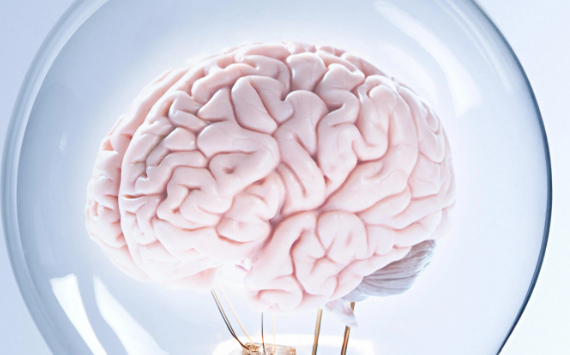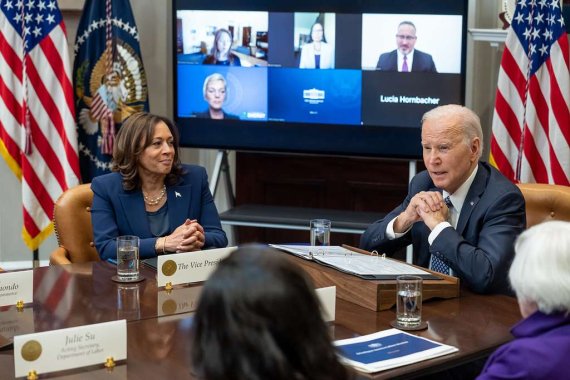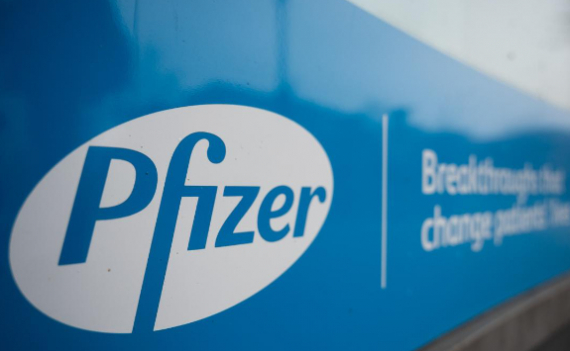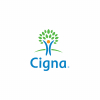Brain Day

Every July 22, people around the world celebrate World Brain Day, a pivotal event that highlights the growing significance of brain health in today’s society. This day focuses on various preventive strategies aimed at safeguarding both mental and neurological health. As the incidence of neurological disorders continues to climb, raising awareness about these urgent health concerns is more essential than ever.
About the holiday
Brief History of the Holiday
World Brain Day was inaugurated on July 22, 2014, by the World Federation of Neurology (WFN), coinciding with the organization's founding date in 1957. This day was established to highlight the significance of brain health and to raise awareness about the widespread impact of neurological disorders affecting millions globally. Each year, World Brain Day centers on a specific theme related to brain health—such as stroke, epilepsy, or Parkinson's disease—with the goal of educating the public, supporting patients, and motivating healthcare professionals to act. The observance has expanded over time, involving numerous organizations, healthcare providers, and advocacy groups in various awareness-raising activities. The WFN collaborates with international health organizations to reinforce the message, emphasizing the importance of early detection, effective treatment, and improved care access for individuals with neurological conditions.
How It's Celebrated
World Brain Day is celebrated through a range of activities designed to promote brain health and awareness of neurological disorders. Healthcare organizations, hospitals, and neurological associations often host educational seminars, workshops, and webinars to inform the public about the importance of maintaining a healthy brain. Public awareness campaigns are launched, utilizing social media, television, and radio to spread the message about brain health and to encourage people to learn more about neurological conditions. In many countries, medical professionals offer free consultations or screenings for common neurological issues. Schools and universities may also participate by organizing lectures and activities focused on brain health and neuroscience. Additionally, patient advocacy groups often host support group meetings and events to connect those affected by neurological conditions, providing them with resources and a sense of community. The day serves as a reminder to prioritize brain health, encourage research, and support those living with neurological diseases.
 World Brain Day
World Brain Day
Interesting Facts
- The human brain weighs roughly three pounds and is made up of around 86 billion neurons.
- Neurological disorders are the foremost cause of disability globally, impacting hundreds of millions.
- To preserve brain health and stave off cognitive decline, engaging in regular physical activity and maintaining a balanced diet are essential.
- Despite constituting only about 2% of the body's weight, the brain consumes around 20% of the body's total energy.
- Persistent stress can profoundly affect brain function, potentially causing memory issues and heightening the risk of neurological disorders.
Were born on 22 July
Today is a perfect opportunity to focus on the health of our brains and increase awareness about neurological wellness. Dedicate some time to expanding your knowledge, participate in activities that challenge your mind, and show support for individuals with neurological disorders.









































